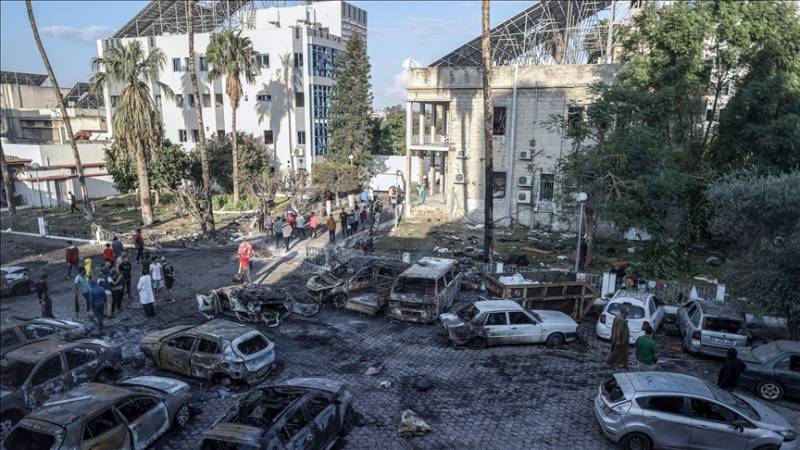
A report by researchers at the London School of Hygiene and Tropical Medicine and the Johns Hopkins Center for Humanitarian Health at the Johns Hopkins University has projected that as many as 58,620 deaths would result from the war in Gaza over the next six months. This number would be higher at 66,720 if epidemics and other communicable diseases are added to the tally.
The report is perhaps stark in identifying that even if an immediate ceasefire were to go into effect, infectious diseases would be the primary cause of excess deaths, with as many as 6,550 excess deaths projected over the next six months. This higher than usual number is because of the time that it would take to improve water, sanitation and shelter conditions, reduce malnutrition and restore functional healthcare services in Gaza.
The report highlights the scale of the humanitarian disaster unfolding in Gaza, with nearly 85% residents of the Strip displaced from their homes and forced to live in overcrowded conditions with limited access to food, water and sanitation.

The report also highlights that excess deaths from infectious diseases are a serious concern in Gaza, as insufficient food intake, coupled with overcrowding in shelters has exacerbated the risk of death from a variety of infectious diseases. The report also projects worrying increases in the relative risk of maternal, neonatal and stillbirth deaths across all possible conflict scenarios relative to the pre-war period. The deterioration of water provision, sanitation, food security and reduced access to antenatal and postnatal care are attributed as the primary causes.
The investigation highlights the urgent need for an immediate ceasefire to reduce excess mortality in Gaza, and underscores the critical role played by humanitarian agencies, chief among them the UNRWA, in providing healthcare and food assistance in the Strip.
In a worst case scenario that would involve an escalation of the conflict, a staggering 85,750 lives could be lost over the next six months.
More than 29,000 people have been killed in Gaza since Israel's bombing campaign began in October, official figures from Gaza's health ministry show.

